The beverage packaging industry embraced sustainable trends some time ago in the interest of addressing the massive environmental challenges facing the world. Now more than ever, “Sustainable Packaging”.
In recent weeks, in one of our latest blog posts, we talked about the importance sustainable packaging is gaining among beverage producers as a key element for achieving great business results.
Environmental awareness and the industry lobby have helped a great deal in contributing new sustainable solutions. This has been taking place in a much more active way in the last four or five years, both to fulfil the needs and values involved in responsible use of the natural resources available to us and to enhance brand reputation.
Thus, continuing along these lines and in order to address the possible challenges facing the different companies in the sector and the reference groups, we are now going to enumerate some of the leading trends.
Where are we in the current sustainable packaging panorama?
The latest sustainable packaging trends revolve around the so-called circular economy, that is, an economy based on a strategy of closing the loops or so-called “economic and ecological flows” of resources.
In this sense, the global packaging industry, especially in the European Union, is responding to pressure from two main factors. On the one hand, political ones and, on the other, the needs of today’s consumer, who is much more demanding, socially aware and respectful of the environment.
The firm commitment to the environment in beverage production is now more active than ever, as in the case of the Spanish brewing industry. The companies that belong to the industry association are covered by a sustainability plan whose horizon for compliance extends to 2025 and which includes commitments like innovation and environmental awareness-raising.
Other organizations and production chains are pursuing the same objective.
Sustainable packaging solutions for beverages
1. RingCycles, six-pack rings manufactured using PCR
First of all, we draw your attention to RingCycles or six-pack rings manufactured using 55% post-consumer recycled (PCR) material, that is, plastic that is collected and reused.
The initiative comes from one of the giants in the sector: the U.S.-based Hi-Cone company, which revolutionized packaging with this type of plastic ring for 6 or 8 cans a while back and has considerable experience in these environmental issues.
A few years ago, it had to face the controversy over the possible harm these rings were causing to marine animals, which led it down the path of recycling with the introduction of biodegradable material.
Today, the measures are much more stringent and, with a view to the imminent 2021 European Directive on sustainability, which will ban single-use plastics, it has just launched six-pack rings manufactured using PCR. Its strategy is to reduce greenhouse gases, energy use and solid waste by no less than 70% to 90%.
2. Substitution of plastic “beer rings” with new ones made of cardboard
In light of Hi-Cone’s decision, and with the firm intention of being more sustainable, other international companies, including Mahou San Miguel and its main divisions, have introduced other alternatives.
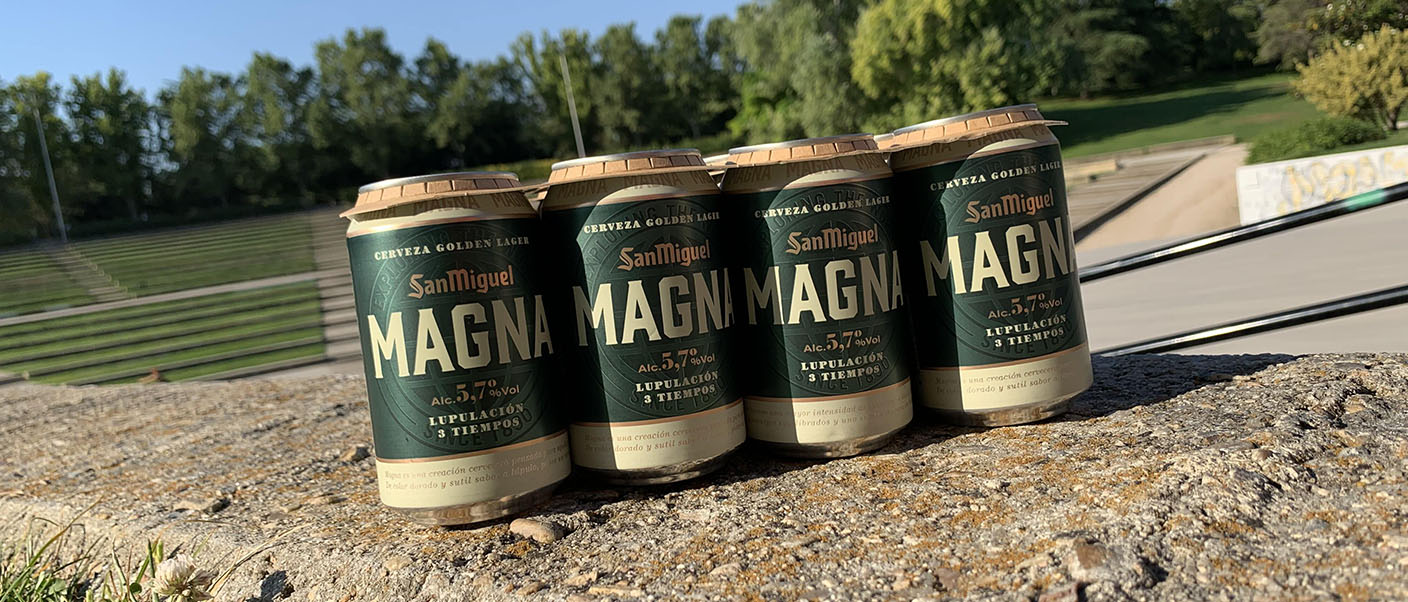
At the beginning of the year, they opted to completely eliminate the rings and plastic wrappers, replacing them with biodegradable cardboard. This strategy made it possible to save no less than 90 tonnes of plastic per year.
3. Biodegradable plastic beer rings: Eco Six-Pack Rings
This refers to the manufacture of new biodegradable and sustainable six-pack rings based on a very environmentally friendly design. The brewing sector got to work, and now over 35 brewers worldwide distribute packs in this new format.
The reason that the packaging size of six cans was chosen has more to do with the culture of the six pack, which Corona Beers has adopted.
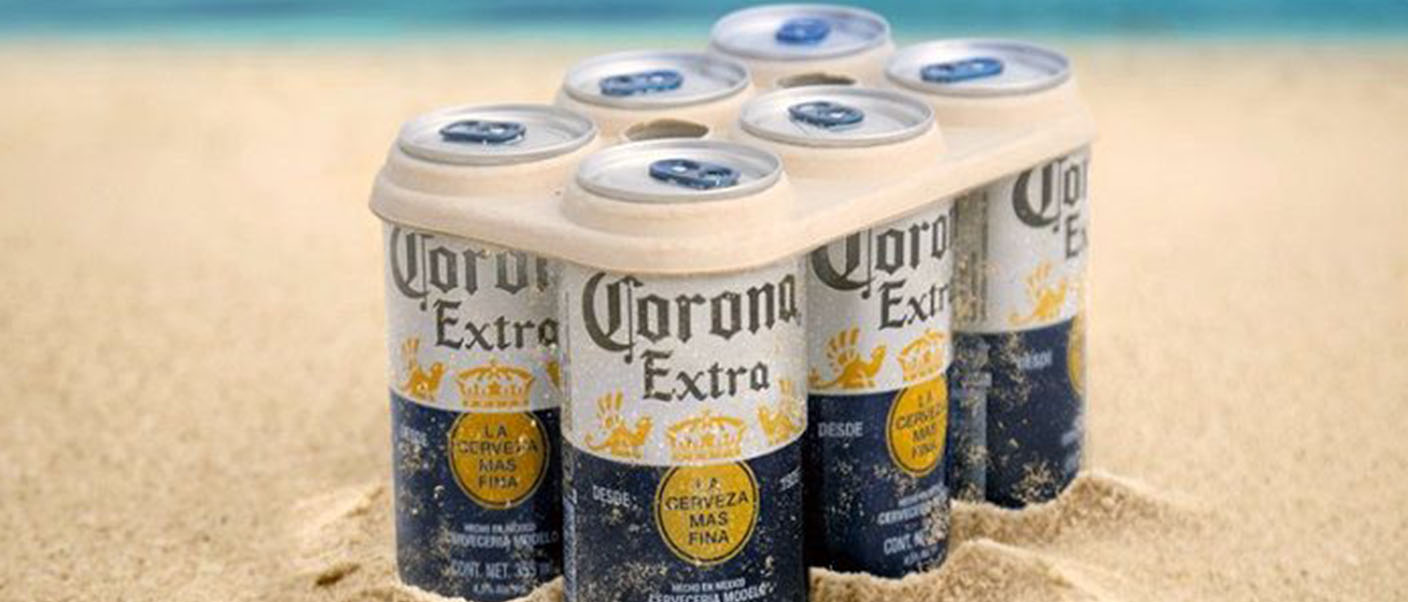 Source: Business Wire
Source: Business Wire
It was launched for the first time with the innovation of the startup E6PR in collaboration with a Florida brewer. Its strategy is focused on a decomposition time designed with maximum respect for marine species and their well-being. In principle, it will decompose in a matter of months instead of years, as in the case of plastic. Without a doubt, it has the potential to become a leading packaging solution.
4. Snap Packs, the glue-based solution for joining Carlsberg cans
With the aim of getting rid of six-pack rings, Danish brewer Carlsberg made the great leap by launching a solution in which the cans are held together with a recyclable glue that is easy to separate and capable of supporting them from distribution to when they reach each home’s refrigerator.
The invention is aimed at reducing some 1200 tonnes per year of plastic, the equivalent of 60 million bags.
5. Is the green fibre or paper bottle ready to hold beer?
Yes, it is. A paper bottle made of sustainably sourced wood fibres. Without moving on from Carlsberg, because it is its main promoter, the company is now innovating with this container that is seemingly incapable of holding liquid but miraculously contains beer.
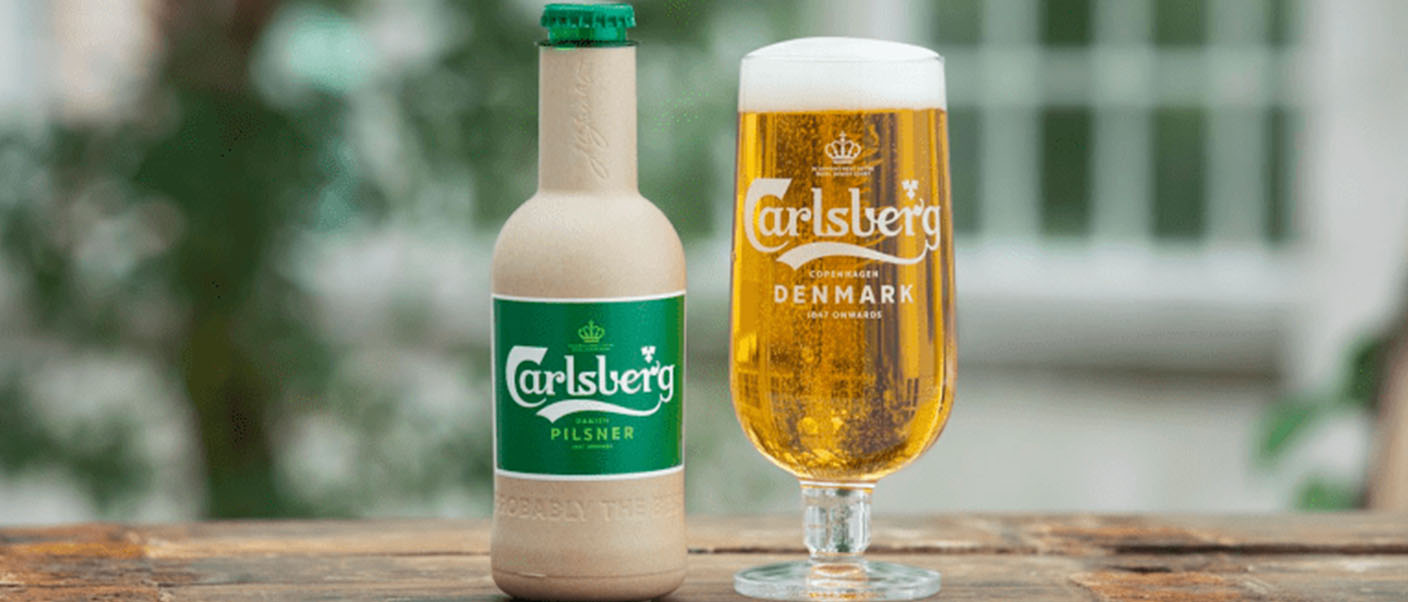
Source: Carlsberg
Totally biological and with no polymers, two prototypes exist: one with a thin recycled PET polymer film barrier, and the other with a 100% bio-based PEF polymer film barrier.

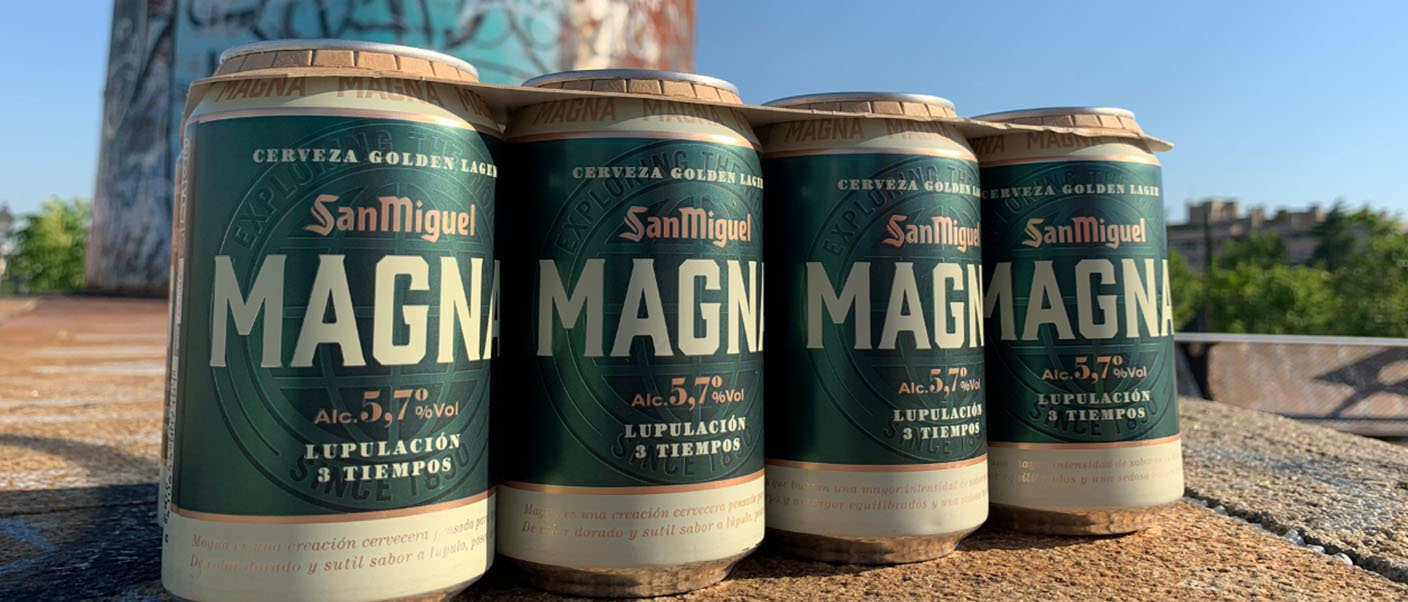




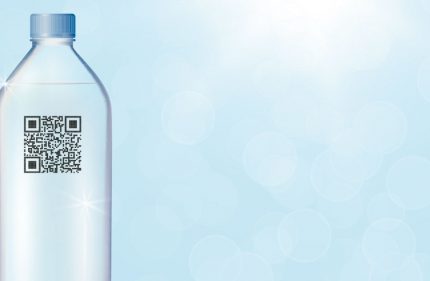
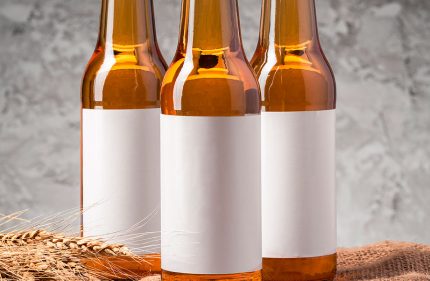
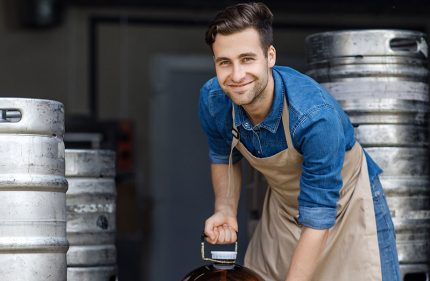
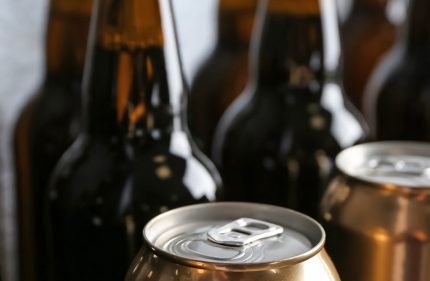
Comments